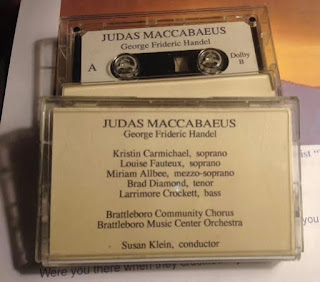Life during the isolation inspired by COVID-19 seems to me to consist of a number of threads which I pursue, sometimes on a daily basis, and sometimes just now and then. I will pick up a thread and follow it for a while and then put it down and pick up another thread. Just for the fun of it, let me see if I can describe these threads - some of them anyway, in no particular order. I’ll try to do at least one thread a day.
#1: The New York Times Spelling Bee puzzle. For a long time, this came only on a Sunday. It was part of the New York Times Magazine puzzles section. But then we discovered that online, it is a daily feature. Oddly, while the daily puzzle is basically the same as it is on Sunday, the rules are different. Well actually, there is one huge difference. The Sunday puzzle is done with paper, while the daily puzzle is done on the phone. When you do the Sunday puzzle, you draw a hexagonal diagram on paper and fill in the seven letters that you are trying to make words from - six letters around the outside and one in the middle. The middle letter has to appear in every word. You get that hexagon from the Sunday Times magazine. The answers - the word list the Times editor has come up with - are printed on another page of that same magazine. You have to make your own list and then look at the answers to see if your words are acceptable. It does have the disclaimer that if you have a word they don’t have that is found in a dictionary, you can count it in your score.With the daily puzzle, however, you form words by touching the letters in the hexagon on the screen of the phone. If it likes the word you formed, it adds it to a list. If it doesn’t like your word, it just disappears. So in that sense, you get instant feedback. But that isn’t all. The scoring is completely different. In the Sunday Times, every word of five letters or more is worth one point. The exception is a word that uses all seven letters in the hexagram - it is worth three points. To be a genius, you typically have to get a score between 16 and 24 points depending on the day. The daily puzzle is very different. First of all, you can use four-letter words. They are each worth one point. Words of five letters or more are worth the number of points as there are letters in the word. Any word that uses all seven letters gives you a bonus of seven points in addition to the number of letters in the word. This is called the “Pangram.” Scoring in the daily puzzle obviously runs much higher. To be a genius, you often need over 100 points. There are also different gradations in the scoring. In the Sunday puzzle you are “good,” “excellent,” or “genius.” Good typically runs around 8 to 10 points, excellent maybe 14-18, and Genius 16 to 24 - something like that. In the daily puzzle, the first main level is “solid “ and then “nice” and then “great” and then “amazing.” Finally “genius.” You can get stuck in one of these levels: you keep adding words and you don’t go on to the next level! Getting to “genius” can be particularly frustrating. Recently, we discovered a level higher than genius. It is called “queen bee.” That’s when you get every word on their list. We have sort of accidentally gotten to this level once or twice. I say “accidentally “ because if you try to get to “queen bee”’you’re going to be disappointed almost every day. Their word list often has very obscure words on it even though they say they don’t accept obscure words. I guess one man’s “obscure” is another man’s “common.”
 |
| Today’s Spelling Bee puzzle |
So far I’ve made it to “Great” with 20 words and 73 points. Sort of stuck there. I did get the pangram. It is “marzipan.” That actually sort of jumped out at me right away.
Here’s my list so far:






























